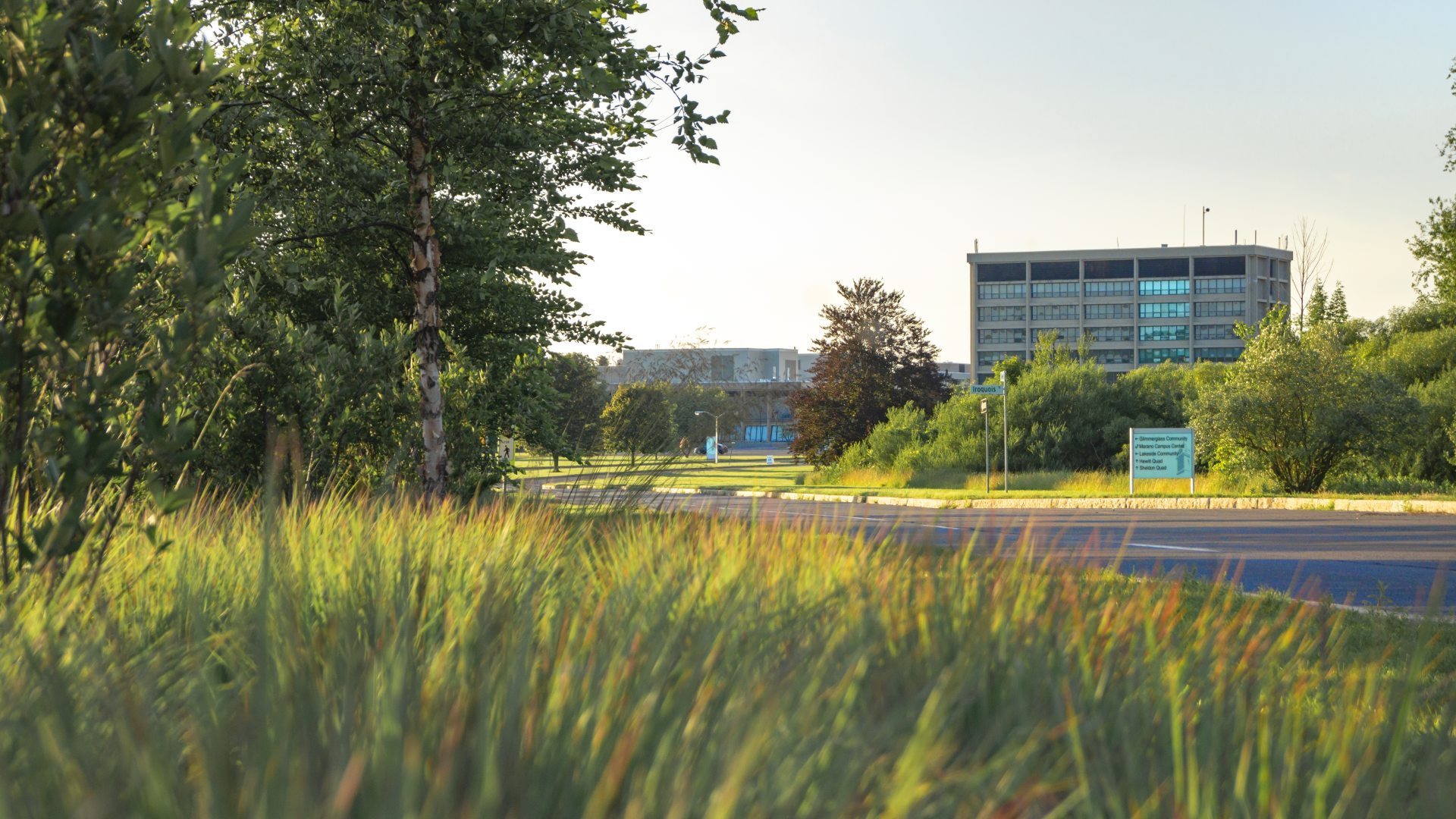A vital academic climate requires, and thus, the university protects and promotes, the exchange of ideas and search for truth. SUNY Oswego respects and fulfills the guarantees of free speech under the U.S. Constitution. To that end, we support assembly, debate, and discourse outside of the classroom on all manner of issues. Members of the SUNY Oswego community will have different perspectives and ideas, which may conflict. The university’s role is not to shield people from ideas and opinions with which they disagree or are potentially offensive.
The university’s commitment to free speech stems from its legal obligations, as well as a dedication to an open academic climate. The First Amendment to the U.S. Constitution affirms, with rare exceptions, the rights of individuals and groups to communicate virtually any idea, regardless of how widely shared or accepted by others it may be. It should be noted, however, that the Constitution does not protect speech constituting threats of violence, incitements to violence, fighting words, obscenity, defamation or fraud. These types of speech, which are generally referred to broadly as “unprotected speech” (or as “exceptions” to the general principle of free speech) are not protected at SUNY Oswego, and may in some cases subject the speaker to some form of appropriate disciplinary action by the university. Speech which does not fall into these narrow exceptions, however, will be considered, and generally referred to here and in the university’s policies referenced below, as “protected speech”.
University policy cannot supersede the federal or state constitutions. In fact, restricting any individual’s or group’s protected speech solely on the basis of it being controversial, upsetting, or even abhorrent, is antithetical to the First Amendment. However, the Constitution does permit organizations like SUNY Oswego to impose narrowly tailored “time, place and manner” restrictions on the making or delivery of protected speech, provided those restrictions are content and viewpoint-neutral and are needed to protect a significant organizational interest. In the case of SUNY Oswego, this means the university can determine the time, place, and manner of speech so as to ensure minimal interference with the operations of the college, its provision of services, and people’s access to its services.
The same legal obligations to provide a safe environment for constitutionally-protected speech also protect the rights of protestors. Community members have the right to respond to a controversial speaker through actions such as talking, circulating literature, displaying signs, and singing. Others might choose to ignore the speaker in order to deny them the attention they seek. The law does not, however, give individuals the right to threaten a speaker, commit any violent act against a speaker, or create a situation in which the speaker cannot be heard. Ultimately, critics cannot silence (through a so-called “heckler’s veto”) the speech of others with which they disagree—no matter how strongly they may disagree.
Ultimately, SUNY Oswego strives to ensure a safe environment for all constitutionally-protected speech, regardless of its content or viewpoint. For this reason, the university will remain a neutral venue and provide the same level of safety and respect to all speakers.
Individuals wishing to exercise their free speech and expression rights at SUNY Oswego must do so consistent with the following State of NY, SUNY and SUNY Oswego policies.
Policies and Resources
- Rules for the Maintenance of Public Order
- Free Speech, Civil Discourse, and Peaceful Assembly Policy
- Posting Policy
- Facilities Use Policy
- Identification Card Policy
- Camping and Use of Tents, Enclosures or Similar Structures on Campus, Policy
- Student Handbook, Code of Conduct (See “Bill of Rights”, “Expression”, “Protest”)
- Resident Student Handbook
- FAQs
- Responding to Controversial Speech
